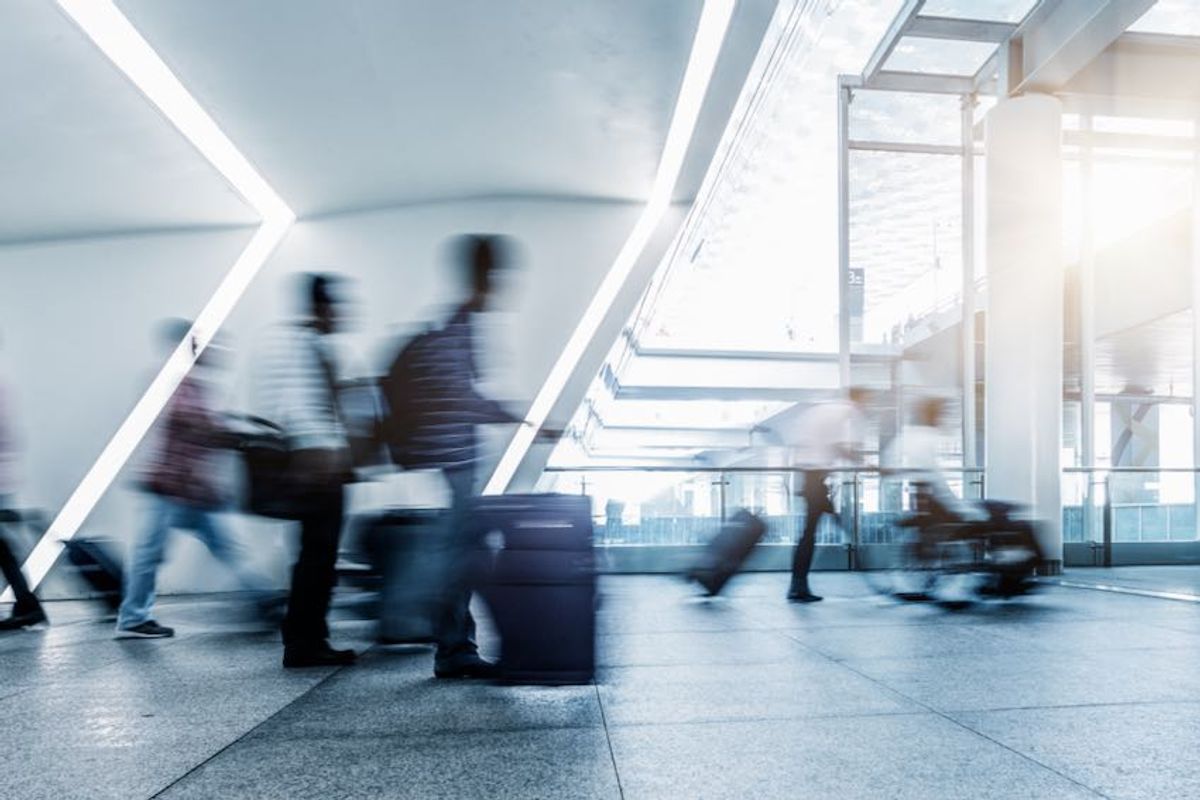The UK’s recently introduced Electronic Travel Authorisation (ETA) scheme is set to expand in 2025, requiring all visitors – including those from Europe – to complete the online pre-travel check.
The ETA was first introduced in November 2023, initially for Qatari travellers, and has since been extended to travellers from Bahrain, Kuwait, Oman, United Arab Emirates, Saudi Arabia and Jordan.
From 8 January 2025, travellers from eligible non-European countries (who do not currently require a visa for short-stay visits) will need to obtain an ETA prior to arrival. The requirement will then extend to travellers from European countries from 2 April, the UK Home Office confirmed on Wednesday (11 September).
Online applications for non-European and European travellers will open from 27 November 2024 and from 5 March 2025, respectively.
The move to digitise the UK’s borders will require all visitors and transit passengers who do not currently need a visa – except British and Irish citizens – to obtain an ETA check prior to arrival.
Similar to pre-travel checks required to enter the US, the ETA will be electronically linked to travellers’ passports and applications can be made through “a quick and simple process” online or via a dedicated app.
However, the UK government has already warned of potential travel “chaos” due to limited public awareness of the scheme and a “lack of coordination with the EU” on the launch of its two similar initiatives: the Entry/Exit System (EES) and Electronic Travel Information and Authorisation System (ETIAS).
An ETA costs £10 and permits multiple journeys to the UK (for stays of up to 6 months) over a period of two years.
Commenting on the expanded ETA rollout, UK minister for migration and citizenship, Seema Malhotra, said: “Digitisation enables a smooth experience for the millions of people who pass through the border every year… The worldwide expansion of the ETA demonstrates our commitment to enhance security through new technology and embedding a modern immigration system.”

